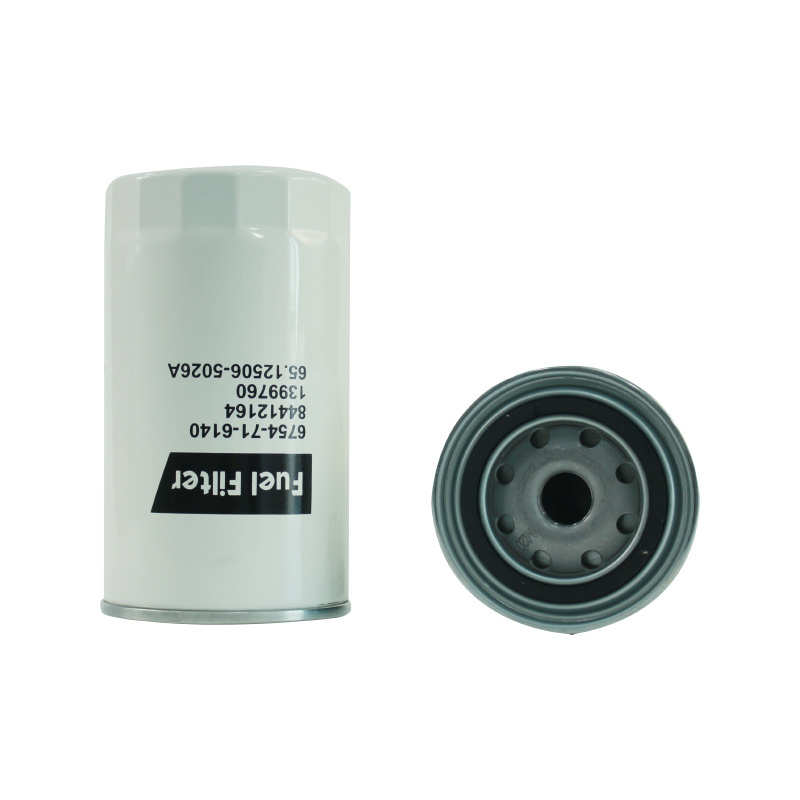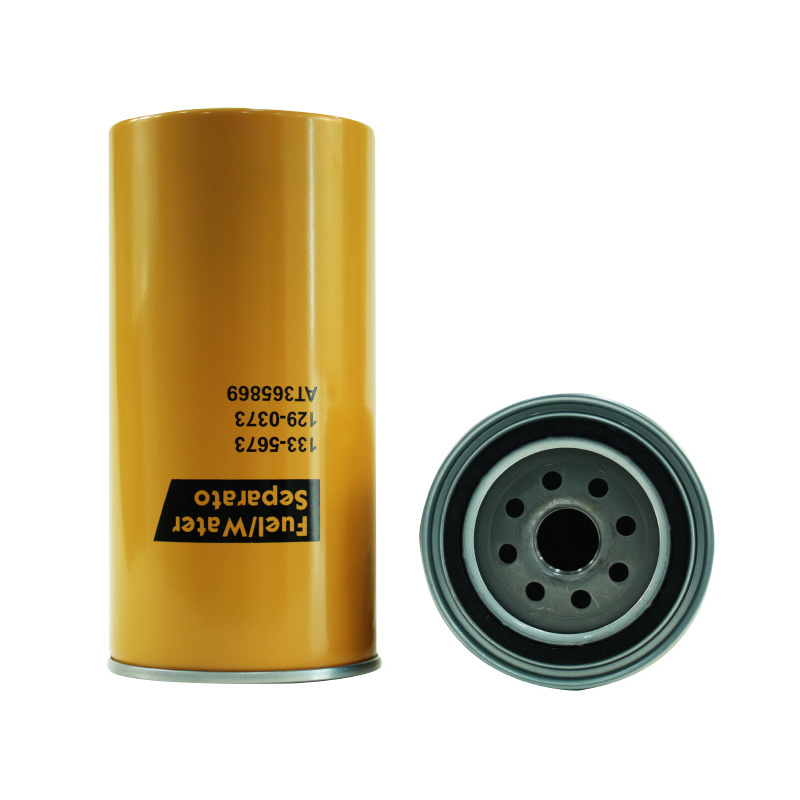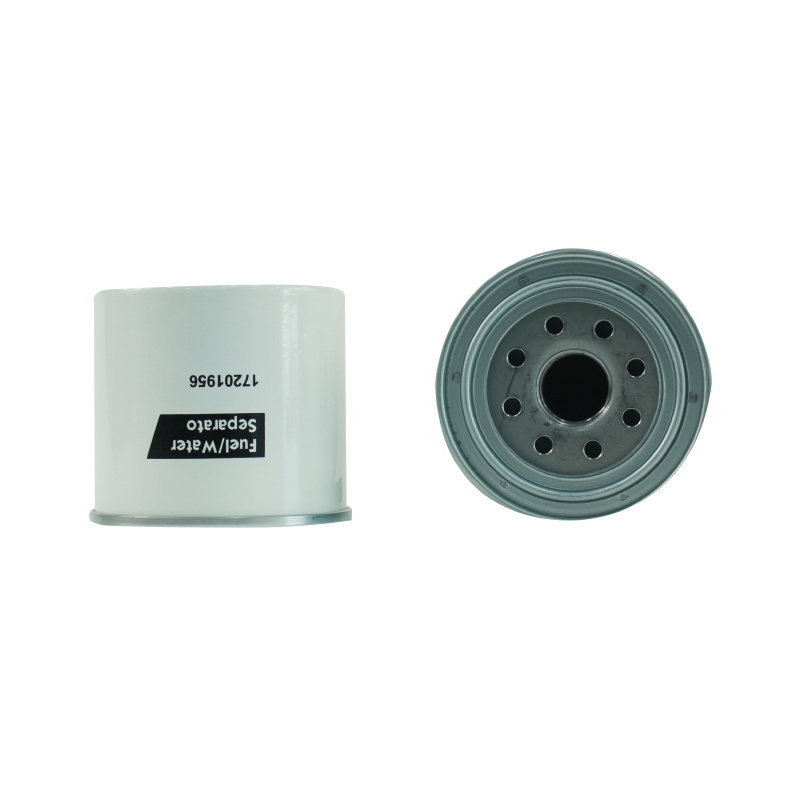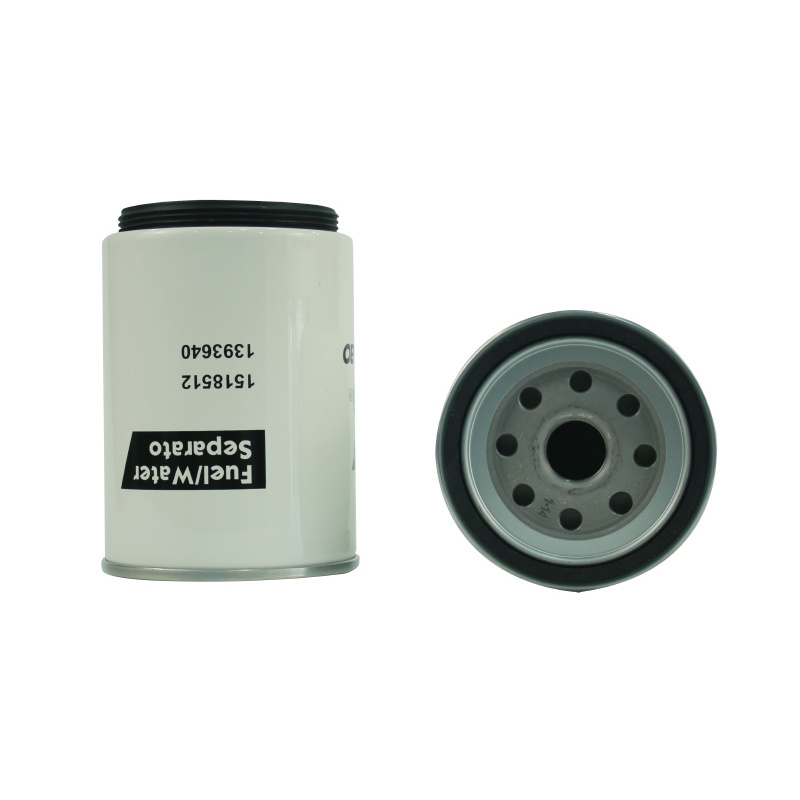Welcome to Hebei Takai Vehicle Parts Technology Co., Ltd.
Essential Fuel Filter Maintenance Tips for Your Vehicle
Release Time:
Aug 04,2025
Essential Fuel Filter Maintenance Tips for Your Vehicle Understanding the Role of Fuel Filters in Your Vehicle Fuel filters are crucial components of your vehicle’s fuel system. They serve to eliminate contaminants from the fuel before it reaches the engine, ensuring smooth operation and preventing potential damage. Regular maintenance of your fuel filter can contribute significantly to your v
Essential Fuel Filter Maintenance Tips for Your Vehicle
Understanding the Role of Fuel Filters in Your Vehicle
Fuel filters are crucial components of your vehicle’s fuel system. They serve to eliminate contaminants from the fuel before it reaches the engine, ensuring smooth operation and preventing potential damage. Regular maintenance of your fuel filter can contribute significantly to your vehicle's longevity and efficiency.
Why Regular Fuel Filter Maintenance is Important
Neglecting fuel filter maintenance can lead to a plethora of issues that affect your vehicle's performance. Here’s why it's vital:
- **Maintains Engine Health**: A clean fuel filter ensures that the engine receives pure fuel, preventing premature wear and tear.
- **Enhances Fuel Efficiency**: Clogged filters can restrict fuel flow, causing the engine to work harder and consume more fuel.
- **Prevents Costly Repairs**: By maintaining the fuel filter, you can avoid expensive repairs related to fuel system damage and engine failures.
Signs That Your Fuel Filter Needs Attention
Recognizing the signs that your fuel filter needs maintenance can save you from further complications. Here are several indicators:
1. Decreased Engine Performance
If you notice a significant drop in acceleration or power, it may be due to a clogged fuel filter, restricting fuel from reaching the engine effectively.
2. Difficulty Starting Your Vehicle
If your vehicle struggles to start or takes longer than usual, a dirty fuel filter could be the culprit, preventing adequate fuel flow to the engine.
3. Engine Stalling or Misfiring
Frequent stalling or misfiring can be signs of a failing fuel filter that’s not delivering fuel properly.
4. Unusual Engine Noises
If your engine is making strange noises, it might be due to inconsistent fuel delivery caused by a clogged filter.
5. Fuel Odors
An unusual smell of fuel could indicate a leak or a malfunctioning fuel filter that needs immediate attention.
Best Practices for Fuel Filter Maintenance
Maintaining your fuel filter doesn’t have to be complicated. Here are some essential practices to keep your fuel system in top shape:
1. Regular Inspections
Conduct regular inspections of your fuel filter, checking for signs of wear, corrosion, or clogging. This proactive approach can help you catch issues before they escalate.
2. Follow Manufacturer Guidelines
Always refer to your vehicle’s owner manual for specific maintenance schedules and recommended fuel filter replacement intervals. Different vehicles can have varying requirements.
3. Use Quality Fuel
Opting for high-quality fuel can significantly reduce the amount of debris that enters your fuel system, thus prolonging the life of your fuel filter.
4. Replace Filters Periodically
Experts recommend replacing the fuel filter every 20,000 to 30,000 miles or as specified in your vehicle’s manual. Keeping to this schedule ensures optimal performance.
5. Consult a Professional Mechanic
If you’re unsure about the condition of your fuel filter, consult a professional mechanic. They can provide a thorough inspection and recommend any necessary replacements.
How to Replace Your Fuel Filter
If you decide to replace your fuel filter on your own, follow these steps for a successful replacement:
1. Gather Necessary Tools
Before starting, gather the necessary tools, including a wrench set, a fuel line disconnect tool, an oil catch pan, and safety gloves.
2. Relieve Fuel System Pressure
To avoid fuel spray, relieve pressure from the fuel system by removing the fuel pump fuse and running the engine until it stalls.
3. Locate and Remove the Old Fuel Filter
Find the fuel filter, usually located along the fuel line between the fuel tank and the engine. Use the appropriate tools to disconnect the fuel lines carefully.
4. Install the New Fuel Filter
Install the new filter, ensuring the flow direction matches your vehicle’s requirements. Reconnect the fuel lines securely.
5. Test for Leaks
Once installed, restore fuel pressure and check for leaks around the filter. Start your engine and observe its performance.
Fuel Filter Maintenance Myths Debunked
Several myths surround fuel filter maintenance. Let’s debunk some of the most common misconceptions:
1. Fuel Filters Never Need Changing
Many believe that fuel filters last the lifetime of the vehicle. In reality, they need periodic replacement to ensure optimal performance.
2. Using Additives Can Replace a Fuel Filter Change
While fuel additives can help clean the fuel system, they should not be seen as an alternative to replacing a clogged fuel filter.
3. All Fuel Filters Are the Same
Not all fuel filters are created equal. Different vehicles require specific filters designed to meet their unique specifications.
Frequently Asked Questions (FAQs)
1. How often should I replace my fuel filter?
It is generally recommended to replace your fuel filter every 20,000 to 30,000 miles, but always check your vehicle’s manual for specific guidelines.
2. What happens if I don’t replace my fuel filter?
Failure to replace your fuel filter can lead to engine performance issues, decreased fuel efficiency, and potential engine damage.
3. Can I clean my fuel filter instead of replacing it?
While some filters can be cleaned, most modern fuel filters are designed for one-time use and should be replaced when clogged.
4. Is it difficult to replace a fuel filter by myself?
Replacing a fuel filter requires some mechanical skill, but with the right tools and instructions, many vehicle owners can successfully complete the task.
5. What type of fuel filter does my vehicle need?
The type of fuel filter required depends on your vehicle's make and model. Always consult your vehicle’s manual or a trusted mechanic for advice.
Conclusion
Maintaining your fuel filter is an essential aspect of vehicle care that often goes overlooked. By understanding the vital role of fuel filters, recognizing the signs of wear, and following proper maintenance practices, you can ensure your vehicle operates efficiently while avoiding costly repairs. Regular inspections, quality fuel, and timely replacements will keep your fuel system clean and your engine running smoothly. Prioritize fuel filter maintenance, and you'll not only enhance your vehicle's performance but also prolong its life, ensuring a reliable driving experience for years to come.
You Can Also Learn More About Industry Trends












